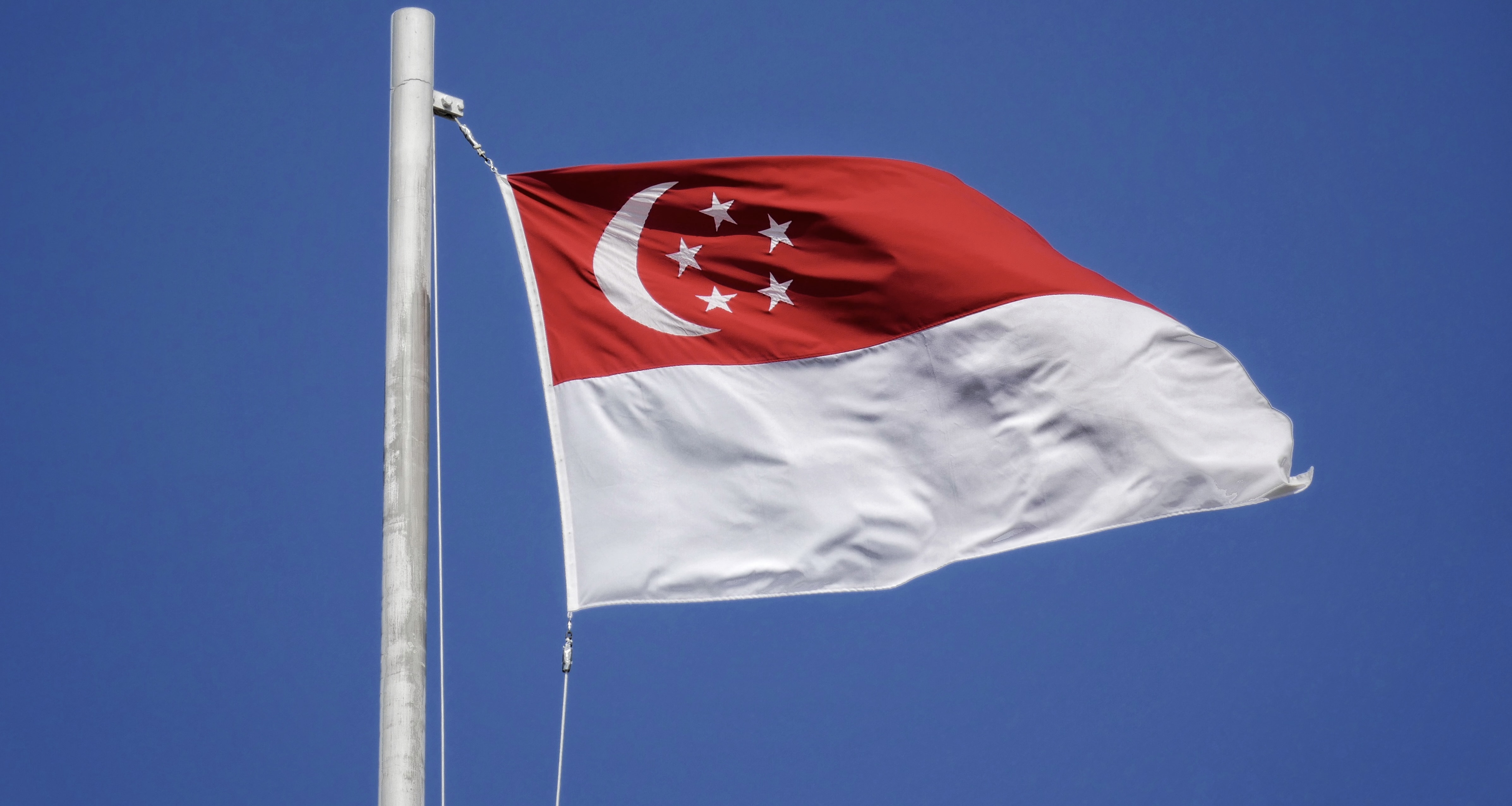Singapore to repeal ‘archaic and discriminatory’ anti-gay laws
It brings an end to colonial-era laws prohibiting gay sex.

Words: Alastair James; pictures: Unsplash
Singapore’s Prime Minister, Lee Hsien Loong, has announced plans to repeal the law that criminalises same-sex activity between men.
The groundbreaking announcement means Section 377A, a colonial-era law that criminalises acts of ‘gross indecency’ between men will be repealed after a decade of legal cases by LGBT representatives to get here.
Téa Braun, the Chief Executive of the Human Dignity Trust is among those celebrating the news.
“Section 377A is both archaic and discriminatory. Because of this announcement, gay men can look forward to no longer being presumed criminals, and Singapore has decisively moved past persecuting people on the basis of their sexual orientation.”
She adds, “This decision is incredibly significant not only for Singapore but for its wider signalling effect across Asia and the world, where millions of people are still criminalised based on their sexual orientation or gender identity. The tide continues to turn decisively against countries that maintain these stigmatising laws.”
Leow Yangfa, Executive Director of Oogachaga, a community-based, non-profit organisation working with LGBT people in Singapore, expressed gratitude towards the Singapore government and said “This means a lot to the LGBT community.”
They went on to say that “Decriminalisation will not only improve the lives of LGBT people and their families, but will bring other obvious benefits to business, trade, and Singapore’s international reputation, making this announcement welcome on many fronts. We eagerly look forward to constructive debate in Parliament in the coming months.”
Anything other than penile-vaginal intercourse had been illegal in Singapore since 1872, under Section 377 of the Straits Settlements Penal Code, which ostensibly focused on anal intercourse.
In 1938, Section 377A was introduced targeting gay men. While Section 377 was repealed in 2007, 377A was not.
Prosecutions have been rare but any man caught committing ‘gross indecency could face up to two years in prison even if the sex was consensual.
A succession of legal challenges to Section 377A have been brought in recent years.
In 2014, a request to remove the country’s anti-gay law was denied and LGBT people were told to wait for reform of Section 377A to come through Parliament.
A separate series of cases was launched in 2019, following the success of similar litigation in India. These culminated in the February 2022 decision of the Court of Appeal in Tan Seng Kee and Others v Attorney General of Singapore where the court kept the provision but banned prosecutions.
Today’s announcement confirms that the Government will now take the further step of repealing the provision altogether.
The Attitude September/October issue is out now.

